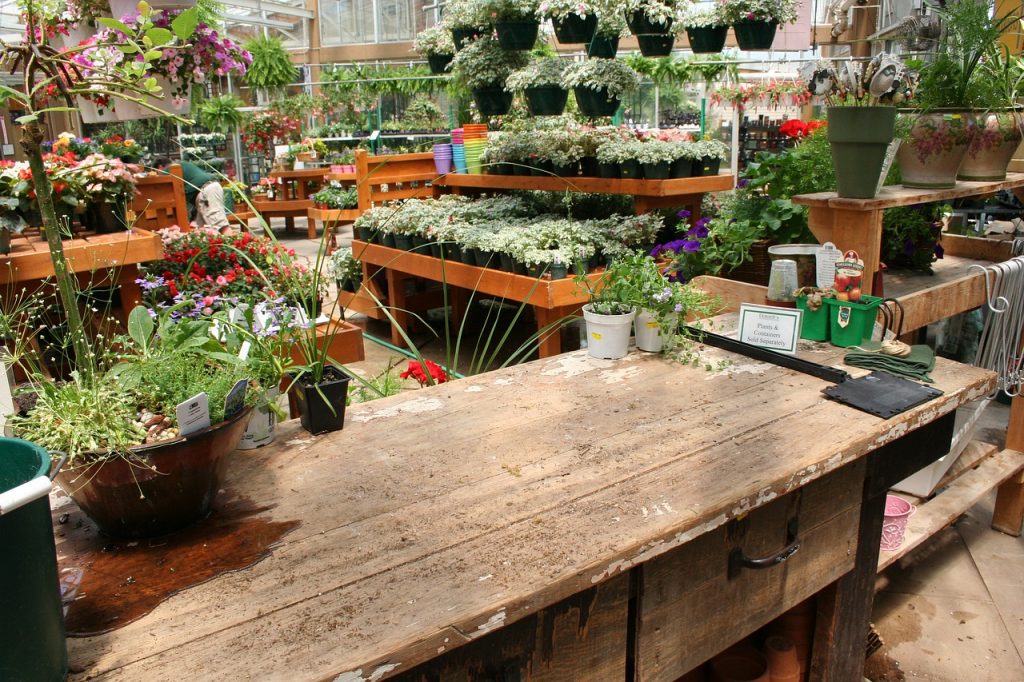IAS and You
- Home
- IAS and You
Closing Ranks Against Invasive Alien Species
We all have a role to play in controlling IAS in the Caribbean. Below we look at the roles individual sectors must play in order to halt further inroads by the IAS in the region.
Policy Makers and the Public Service

Plan: Develop a national policy and strategy. Clearly define goals and objectives as the first step in formulating a plan to control IAS. Ensure the plan’s feasibility and funding for sustainability.
Prioritise: Consider both short-term and long-term requirements. Successful management and mitigation of the IAS threat requires developing both rapid-response and long-term capacity.
Publicise: Communicate the plan to all sectors of the society. Undertake public education and enhance public awareness.
Protect: Establish national regulations in accordance with the international treaties on Invasive Alien Species, such as the Convention on Biological Diversity, and then enforce them.
Pull it all together: Ensure the purpose of the national policy has been achieved by inviting multilateral environment agencies, regional and international institutions, in particular, to audit progress made and by sharing with them information on IAS status.
Public and Youth

Empower the public: Public education is an important tool to minimise the introduction of invasive alien species. Provide information, through brochures, posters and lectures on IAS, at workplaces, through public meetings and through the media. Use social media to amplify the message.
Educate the children: Teachers should encourage students to explore the impact of introduced species on native biodiversity, trade, tourism, and sustainable livelihoods. Ensure that children understand their role in preventing IAS introduction and spread. Use online resources, interactive games and classroom activities.
Engage the youth: Encourage youth to get involved through community and volunteer work in supporting eradication or control initiatives. Teach them to recognise invasive species, to be alert to signs in the environment and to adopt safe practices in daily life.
Learn more in the IAS in a Nutshell Magazine (PDF)
Commercial Enterprises

Be Informed: Seek information and educate yourself, keep abreast of environmental issues.
Be Responsible: Incorporate best practises in production, processing and waste disposal. Ensure that business activities do not harm the environment.
Be Compliant: Adhere to all laws and quarantine regulations regarding import and export of biological material, including Pest Risk Analysis. Comply with all public advisories on new IAS.
Be Proactive: Educate and train employees and associates on IAS issues and the environment.
Be Selective: Use native plants to landscape and create gardens that provide food, cover or nesting sites for local wildlife, including butterflies and birds.
Be Vigilant: Be cautious when buying plants and seeds on the Internet or by mail order. If you see your local nursery selling invasive plants or seeds, inform them of your concerns. Report all suspicious plants and/or animals to the competent authorities.
Consumers

Pet Owners: Purchase pets from reputable dealers. Do not keep pets and animals that could escape and become invasive. Never release an unwanted pet into the wild. Instead, return it to a qualified person, pet shop, or zoo, or humanely dispose of it.
Travellers: Leave biological items in their natural habitats. Clean hiking boots before walking in a new area as invasive plant seeds are commonly brought in by hikers. Comply with all quarantine rules and regulations.
Boating and Fishing Enthusiasts: Always wash boats with hot, high pressure tap water on the landside before travelling to a new waterway. Let boat dry five days before using it in another waterway. Remove all suspicious material and wash all fishing equipment.